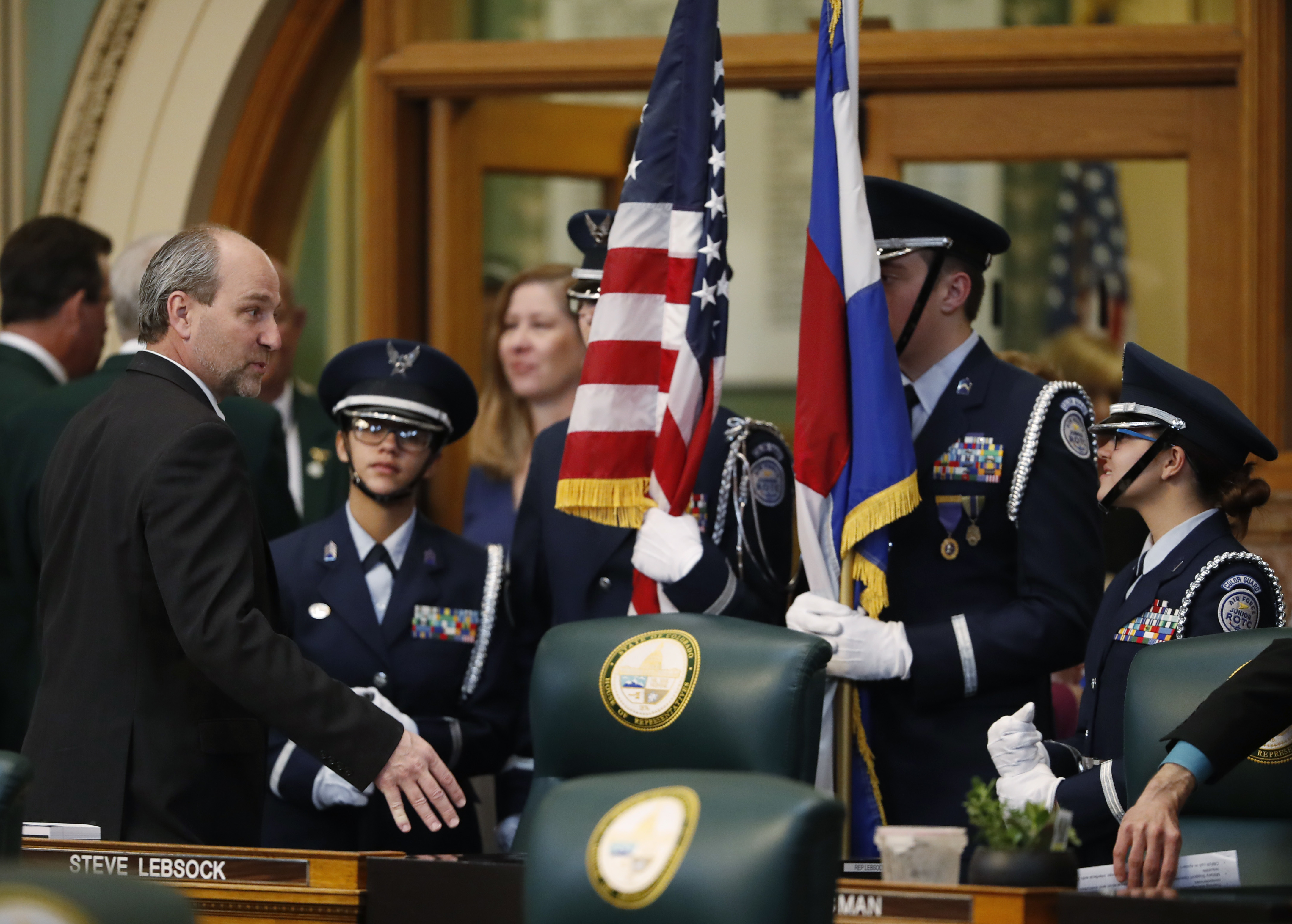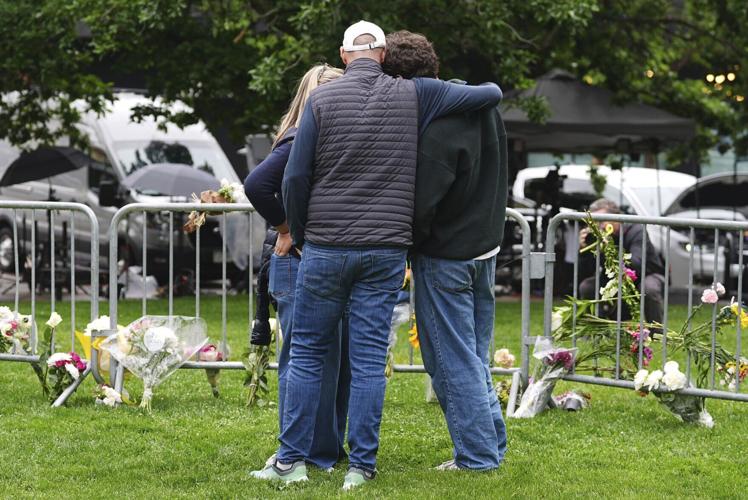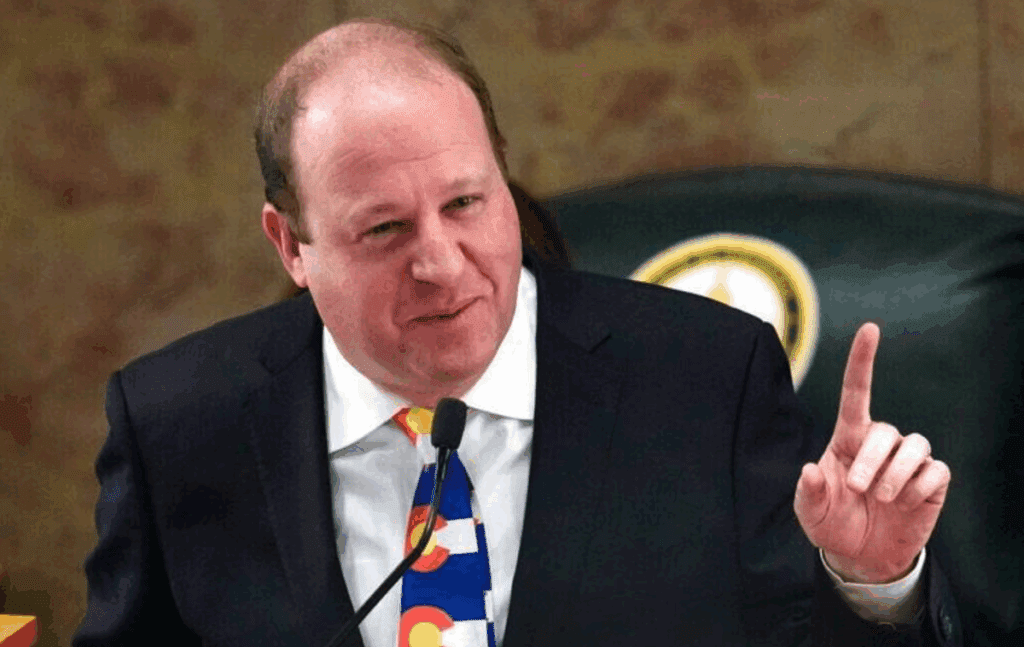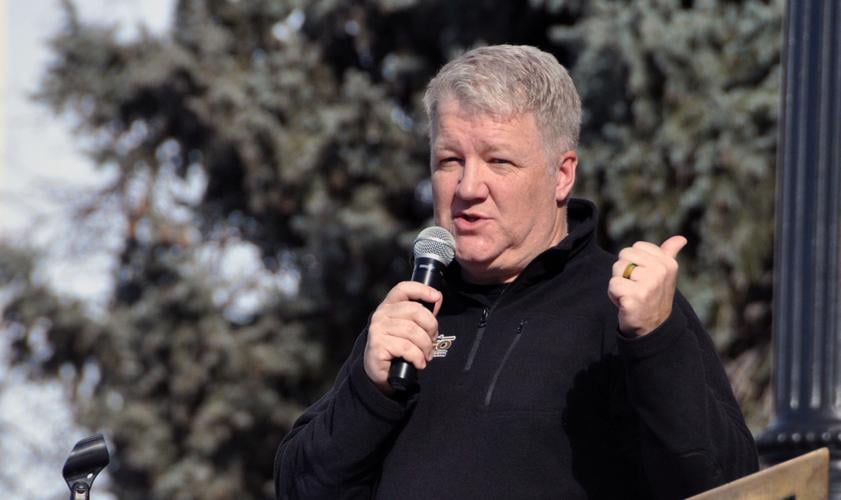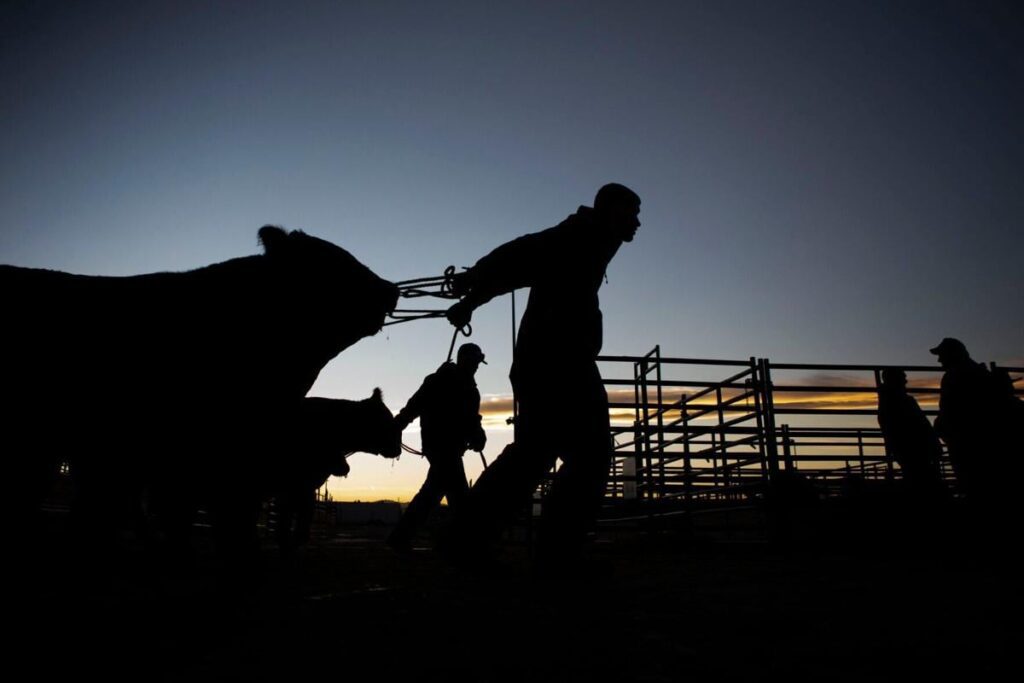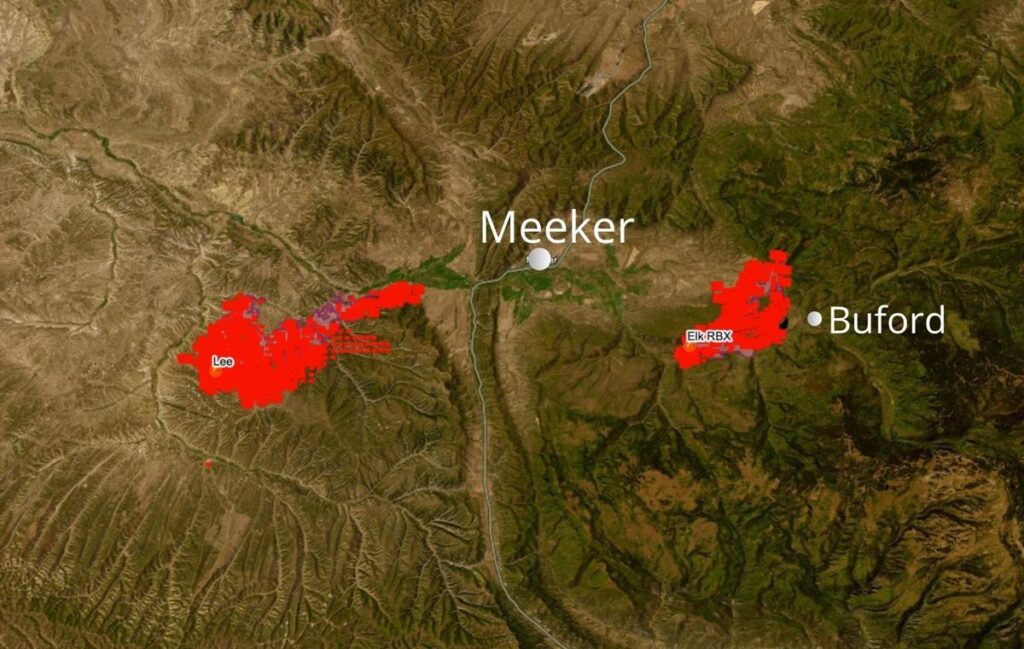House Republicans attempt to block expulsion vote; joint caucus grills investigator
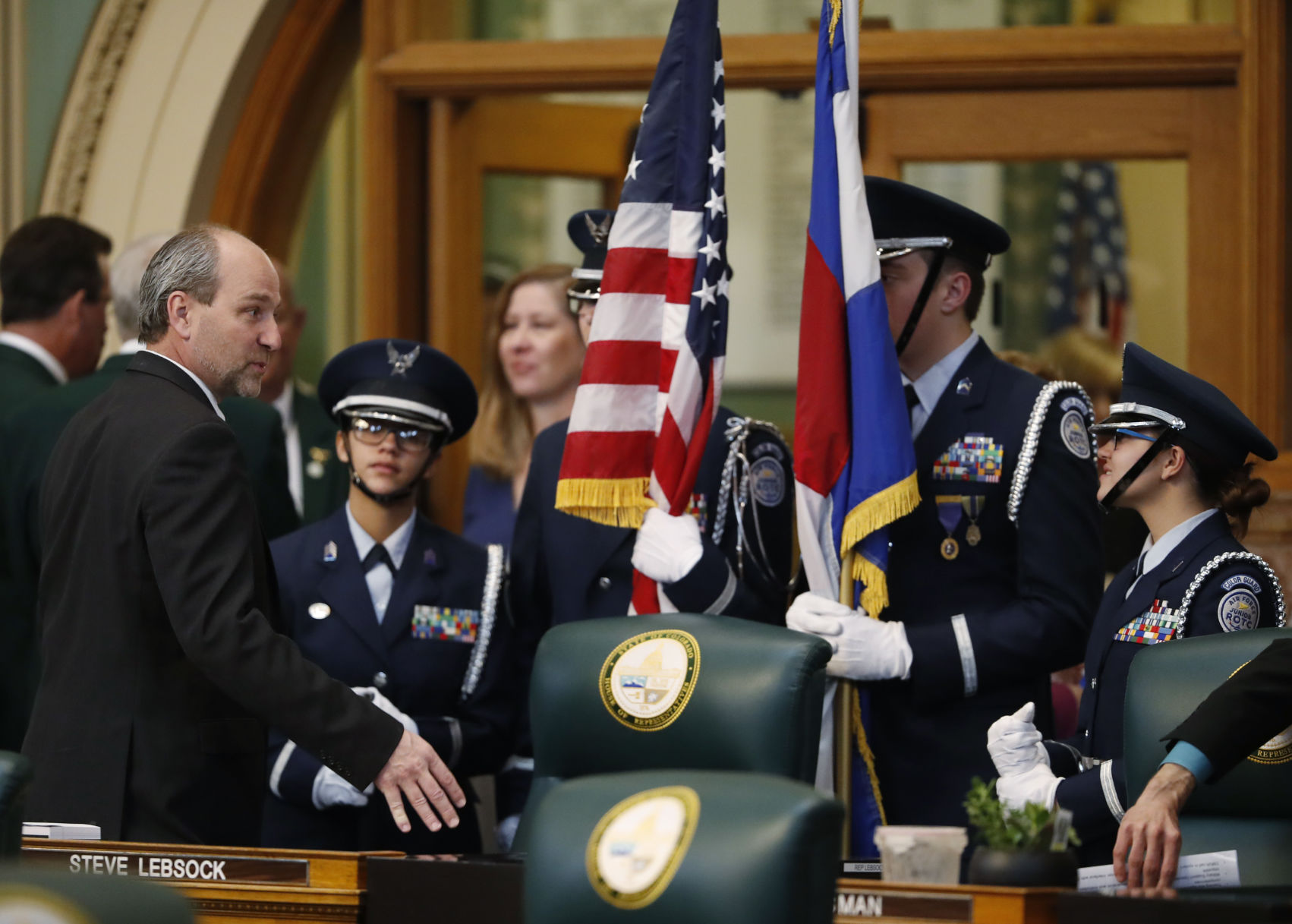
Colorado House Republicans tried to stall an expulsion vote on Democratic Rep. Steve Lebsock Thursday, including a call for a prosecutor to get involved.
The chamber was a flurry of activity heading into the final hours of the investigation into 11 allegations of sexual misconduct, as Lebsock tussled with his own members and Republicans sought an investigation into how House Speaker Crisanta Duran handled the first report on his conduct two years ago.
The day began with a floor fight over House Republicans’ efforts to derail a Friday vote on expelling Lebsock. It continued with a rare joint caucus of Democrats and Republican, while Senate Presiden Kevin Grantham called for an independent investigation by the Denver District Attorney. Fnally, Lebsock tried to present evidence of where he was on a critical day, even though Colorado Politics raised the question of contradictions from others who were with him that day.
The floor fight was over a call from House Republicans to ask for a new broader legislative investigation that mirrors the way the House handled an expulsion 103 years ago.
Republican Rep. Yeulin Willett of Grand Junction, backed by the members of his caucus, asked that the 1915 process used for the expulsion of then-Rep. William Howland of Denver be utilized to deal with the Lebsock matter.
In that 1915 case, a five-member committee of rank-and-file members was empaneled to conduct an investigation into alleged bribery by Howland. The committee wrote a report recommending his expulsion – not for the bribery charge, which could not be proven to their satisfaction – but on a perjury charge when Howland changed his story between the first and second telling in front of a House committee. Howland was booted on a 60-0 vote on March 15, a vote he missed because he was in jail after being indicted by a Denver grand jury on the same perjury accusation. He was later acquitted.
It’s the notion of using a rank-and-file committee that Willett sought Thursday morning. His motion was ruled out-of-order. He then appealed it, which requires a vote of the House. That vote failed on a party line 26-35 vote with four members absent or excused. Lebsock did not vote on the motion, citing a House rule dealing with conflicts of interest.
Sources told Colorado Politics that the decision to reject the Willett motion gives House Republicans a reason to vote against expulsion, a vote that is scheduled for Friday.
From there, it was on to the joint caucus, which was held in the Capitol’s largest hearing room. That room was used because the caucus would then have an opportunity to call witnesses, including Michele Sturgell, the attorney from the Employers Council who conducted the Lebsock investigation. Sturgell testified for the better part of two hours Thursday, taking questions from lawmakers, including from a sometimes-testy Lebsock.
Republicans later noted that Sturgell seemed hostile toward Lebsock, as well.
Sturgell pointed out that investigators make credibility assessments, especially when there is no other way to independently verify an allegation. The investigations’ credibility has been called into question by Republicans, most recently pertaining to allegations against Sen. Randy Baumgardner of Hot Sulphur Springs.
An investigator looks at what the person says, whether the allegation was reported to others at the time it took place, whether there are independent witnesses and/or evidence that will corroborate the allegation. Motive, or lack thereof, and demeanor also play into a credibility assessment, she said.
In the end, the investigator does not make a legal conclusion and bases an analysis on a preponderance of evidence, rather than a stricter “beyond a reasonable doubt” standard as is found in criminal cases.
Mark Flynn of Employment Matters, an employment attorney who was brought in to offer legal advice, also testified, telling House members he believed the allegations were a “clear violation of policy.” The individual allegations would not rise to the level of “severe and pervasive conduct that would support an unlawful harassment charge,” Flynn said. But viewed in their entirety, and that Lebsock had the ability to exercise power over some of the complainants, led Flynn to said that Lebsock’s behavior “demands corrective action.”
Lebsock also had an opportunity to directly question Sturgell. He first informed he had taped three of the four interviews they had. Sturgell pointed out that he had done so without her knowledge of consent and had she known, she would have taped those meetings, too.
Lebsock pointed out that in the first meeting, he had explained how difficult the situation had become for his family, including his 15-year-old son, and claimed she responded, “It’s not like you’re going to die.”
Sturgell’s recollection differed; she said the statement was in response to Lebsock’s claim that the situation was a “matter of life and death.” She noted that Lebsock had claimed he was being threatened, yet refused to provide any evidence of those threats.
But he spent the majority of his time talking about a calendar provided to him by his now-ex-wife that claimed that on March 24, 2015, the date of one of the allegations, he came home at 1:30 p.m. He argued that he had attempted to provide the original of that calendar to Sturgell, who said he offered only a copy of it. “I would have gladly kept the original if you had given it to me.”
Colorado Politics learned Thursday that Lebsock was actually in a meeting from about 12:30 to 3 p.m. with several people from the Department of Agriculture and the Governor’s Office, a meeting verified by emails sent by Lebsock to those participants.
During the joint caucus, Senate President Kevin Grantham of Canon City, surrounded by Republican women, announced he is asking the Denver District Attorney Beth McCann to launch an investigation into sexual assault charges against any member whose conduct could be deemed assault.
McCann was a member of the House until two years ago.
“Sexual harassment in the workplace is a serious problem in the United States and right here in Colorado,” Grantham said. “It is an infection that has spread across our state Capitol, casting into doubt our ability as lawmakers to represent the kind of democracy our constituents can be proud of.
“Of even greater concern, some of these allegations appear tantamount to assault,” Grantham said.
Grantham’s request would open up lawmakers or witnesses to a process that could yield perjury charges if they are found to be untruthful, or any political consorts also could be brought into the discussions.
Gov. John Hickenlooper disagreed with Grantham’s idea, stating late Thursday afternoon that he did not endorse Grantham’s plan.
“As I’ve previously stated, in situations such as the ones we’ve been dealing with, a fair investigation by an independent third party should take place before any action is taken. In the case of Rep. Lebsock, an investigation is concluded and the House of Representatives should proceed under the rules it has established.”
House Republicans said they want to create a select committee to investigate what Duran and other Democrats knew and when they knew it, related to Lebsock’s alleged behavior in May 2016 at an end-of-the-session party at Stoney’s Bar and Grill near the Capitol.
That party resulted in the first allegation of sexual harassment, filed by Rep. Faith Winter of Westminster last November. Duran appointed Lebsock chair of the Local Government Committee in 2017, after knowing about the complaint.
Rep. Dave Williams, R-Colorado Springs, said that action hinted at a coverup. Democratic political operatives are trying to send a “virtual signal” to voters, he said. “This is a Democratic problem they’re trying to hang on Republicans.”
He also pointed out that Lebsock won his 2016 race, after the first incident allegedly took place, with 44.8 percent of the vote to the Republican opponent’s 39.3 percent, a difference of 1,800 votes out of more than 33,000 cast. The election could have come out differently if the information about that May 2016 event had been released, Williams said. “Democrats choose to protect the seat rather than the women.”
But others in the Republican caucus said expulsion is the only remedy offered and without enough explanation. “If they’re going to hold this up to be judicial we ought to be judicious,” said Rep. Jon Becker of Fort Morgan.
The House then split into its two caucuses, to continue the discussion. Democratic House Speaker Crisanta Duran of Denver, who recused herself and put Becker in charge, said the time to vote has come, and reflected on her handling of Winter’s initial complaint two years ago.
“At some we have to ask ourselves when is enough enough?” Duran asked her fellow House Democrats in the Democrats’ caucus meeting Thursday afternoon. “Throughout this process, going back to 2016, to me it has been the most important thing we can do to respect the wishes of victims and to respect the confidentiality of victims.”
